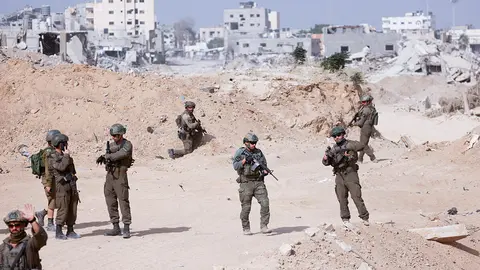Supporting Israel and deterring Iran, priorities of the new US Secretary of State
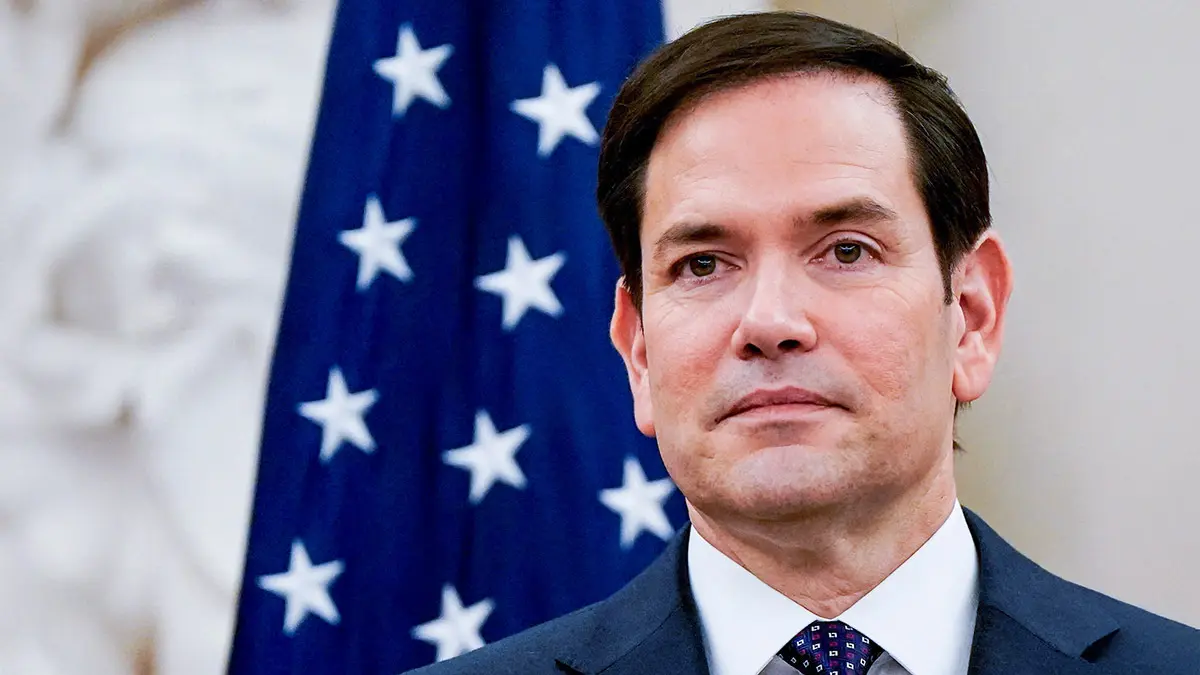
The decisions of Donald Trump's new government team are not taking long to materialise. In barely 48 hours, the US Administration has signed more than 200 decrees and has annulled most of the decisions taken during Joe Biden's time as President. Among the resolutions cancelled by Trump, the cancellation of sanctions against extremist settlers in the West Bank stands out.
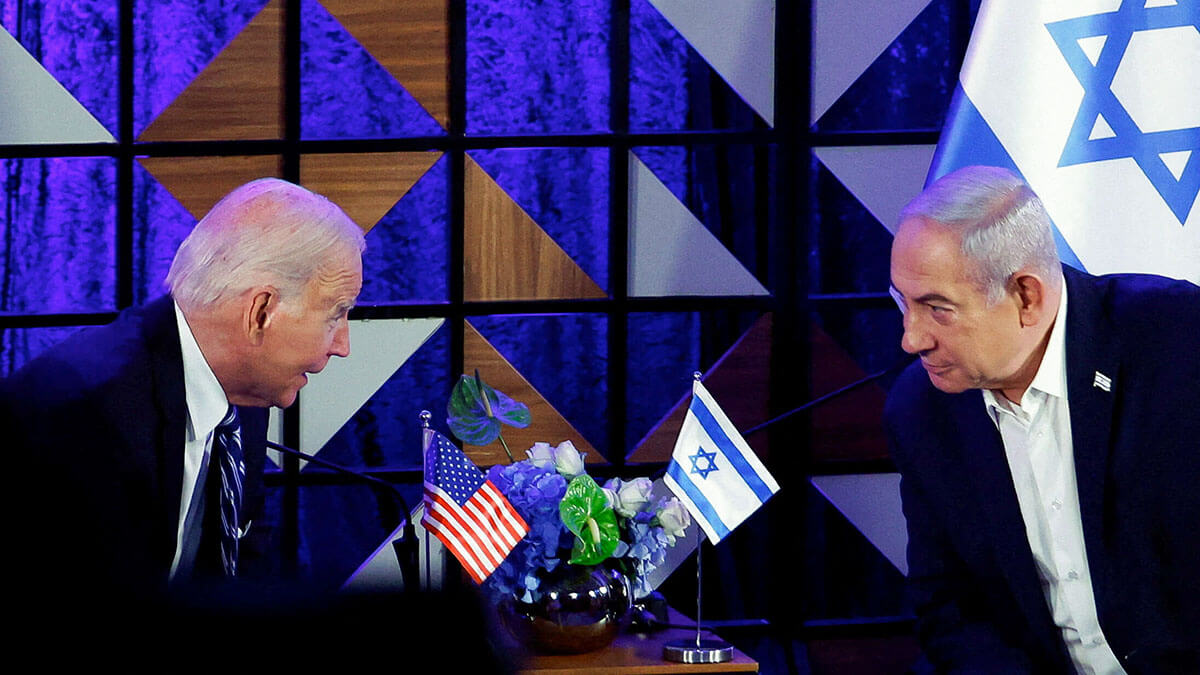
However, apart from the decisions affecting other sectors such as energy and migration, the spokesperson for the US State Department, Tammy Bruce, confirmed that US and Israeli diplomats, led by Marco Rubio and Benjamin Netanyahu, are maintaining various lines of dialogue following the confirmation of the Gaza ceasefire agreement signed last week between Qatar, Hamas, the United States, the United Kingdom and Israel.
During the talks, Rubio congratulated the Israeli Prime Minister on the successes achieved over the past 15 months in eliminating the leaders of the terrorist organisations Hezbollah and Hamas.
In the same conversation, Marco Rubio appreciated the ‘relentless effort’ made by the Israeli Defence Forces (IDF) to help free the remaining hostages inside the Palestinian enclave of the Gaza Strip. He also stressed his readiness to confront threats from Iran.
While talks between the two executives continue, the Trump administration's position in the Middle East is clear: support Israel and maintain sanctions against the Islamic Republic of Iran. Proof of this is the maintenance of the Israeli operation in the West Bank, known as the ‘Iron Wall’.
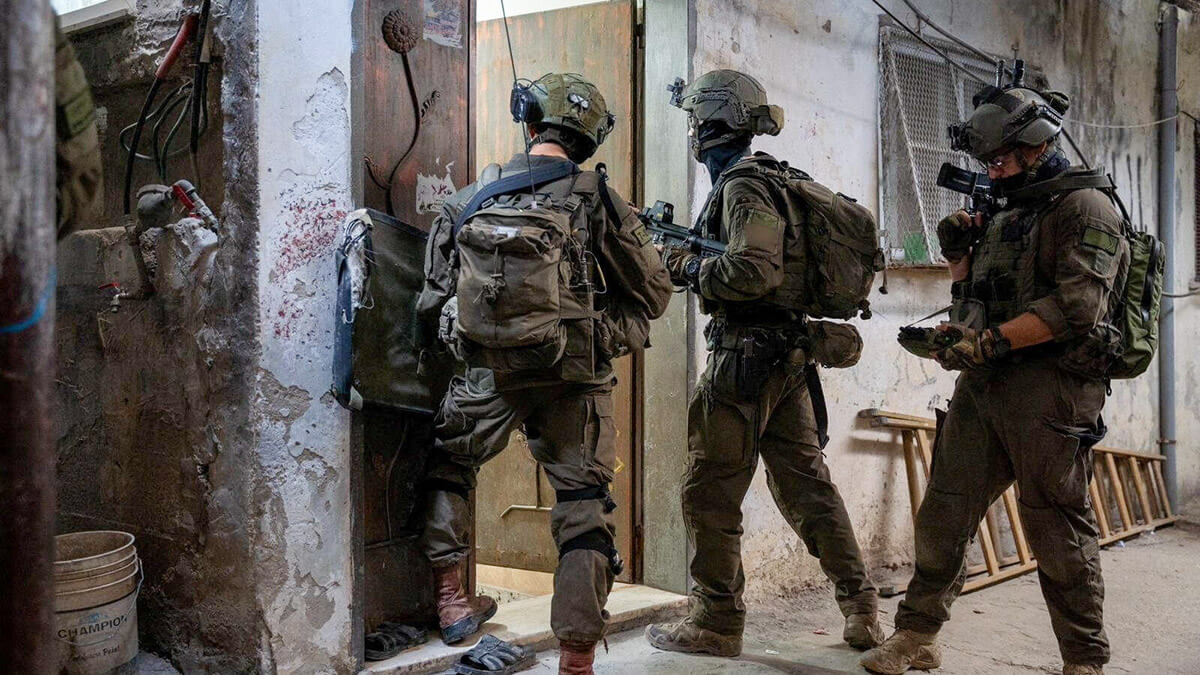
Strong US support
During the 15 months of the conflict, the United States has established itself as Tel Aviv's staunchest ally, supplying more than 75 per cent of all the weapons used by Israel. The Israeli government has relied on Washington's support for its military response in the Gaza conflict since the 7 October 2023 attacks, when more than 1,200 people were killed by pro-Iranian Hamas militias and 250 Israeli citizens were kidnapped.
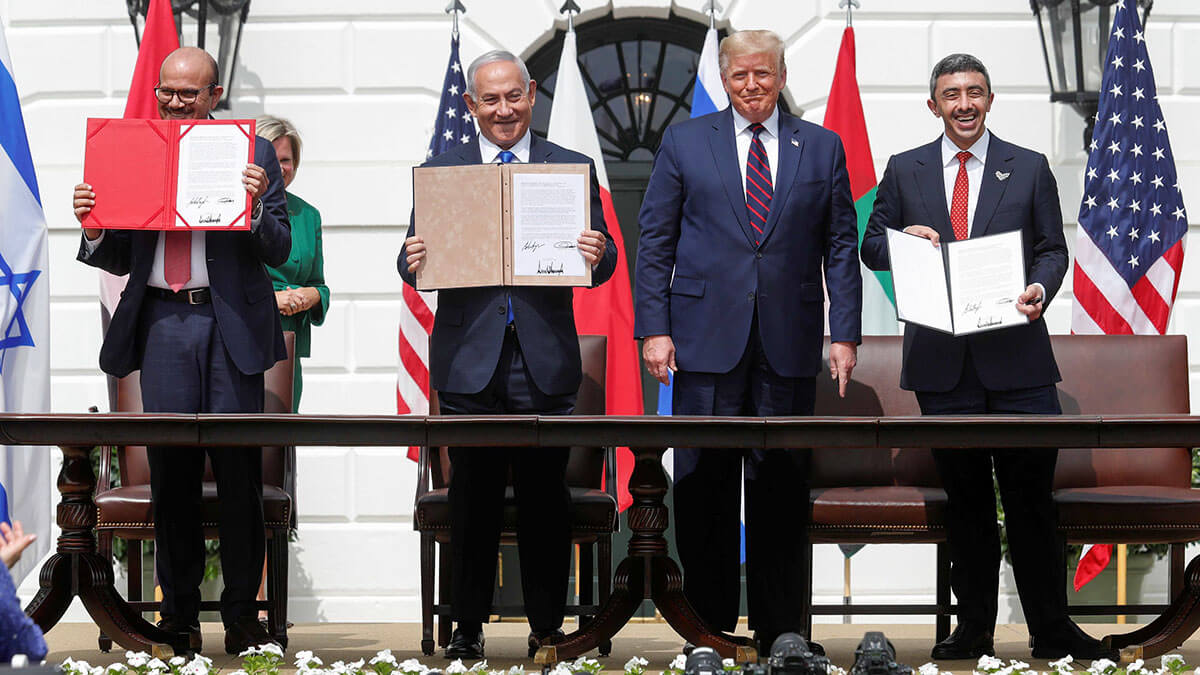
Marco Rubio made his name, among other things, with statements such as those he made to pro-Palestinian activists in the halls of the US Congress, in which he said: ‘I want you to destroy every Hamas element you can catch’ and attributed responsibility for the thousands of civilians killed in the conflict ‘to Hamas, which uses them as human shields’.
In what was his first call, Marco Rubio also spoke with Saudi Arabian Prime Minister Mohamed Bin Salman, as well as diplomats from Syria, Lebanon and Gaza, with whom he discussed the threats posed by Iran in the region and in active conflicts.

